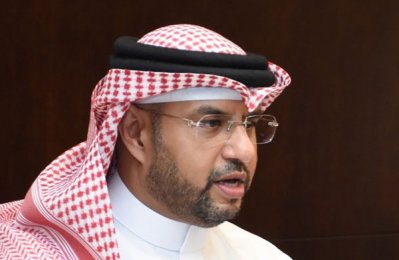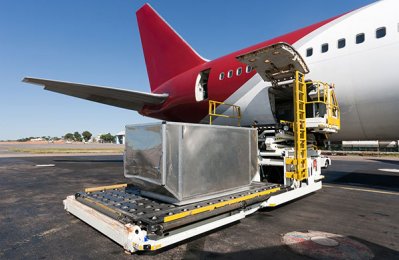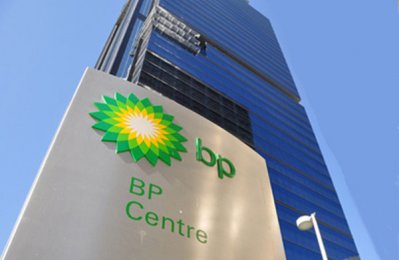DP World CEO says UAE-Israel deal will stabilise region
DP World Chairman and CEO Sultan Ahmed bin Sulayen tells CNN's John Defterios how the normalisation of relations between the UAE and Israel has impacted several economic sectors including shipping, technology and banking.
More Stories
The recent diplomatic accords between the UAE and Israel continue to create a ripple effect on life and trade relations between the two countries. With trade being a significant aspect of the deal, annual trade between Israel and the UAE is projected to reach $4 billion.
CNN's John Defterios discusses how the normalisation of relations between the two countries has impacted several economic sectors including shipping, technology and banking with Sultan Ahmed bin Sulayen, Chairman and CEO of DP World.
Sultan Ahmed bin Sulayen tells CNN that he believes with this deal “the region is going to be more secure”.
“We have been wasting our time in a confrontation, and we call it Cold War, Hot War. It didn't work, for us at least. And we believe that this is going to strengthen the Arab position in the resulting situation. In the meantime, as UAE, we are looking at an opportunity that can come out of this that help both,” he adds.
Here’s the full transcript:
John Defterios, CNN: Many believe that you signed a number of MOUs and that’s, as we say in English, "Window dressing." A lot of show, nothing inside. What's the counter argument to that? What's been signed so far?
Sultan Ahmed bin Sulayem, DP World: Not at all. Actually, one thing in UAE, we don't waste our time in MOUs. MOUs are just a document to set the pace for what you're going to do. But we know what we want to do. We know the business and we know how we can get the business. It's about technology adaption. It's about logistics. It's about connection. It's about ability of both to trade and do business. We need something from them in technology. They need something from us. They need our market; they need our location. They need to learn how we do business in UAE, because the way we do our business is totally different. They've been in isolation for a long time.
John Defterios, CNN: It's my understanding that Jebel Ali was so important that they didn't want to sign the agreement unless this was part of it. What's the strategy behind it? Is it to allow Israeli companies to come into the free zone, assemble parts, manufacturer products in the future? Is this a different way that they didn't have exposure to in the past?
Sultan Ahmed bin Sulayem, DP World: Obviously all of the above. Jebel Ali is a very active business community with far reaching markets. We look at India, Pakistan, Bangladesh, Sri Lanka, and the surrounding. You get almost over 2 billion people. That is a market they like to reach. And the beauty is that reaching that market is so easy.
John Defterios, CNN: Will this new Accord with Israel, with the united front between the Gulf States that's developing and Israel, actually lead to peace with Iran? Because it was a big trading partner prior to sanctions for Dubai.
Sultan Ahmed bin Sulayem, DP World: I think any development in business between us and Israel is going to have a positive effect on the region. As people create more business, everybody benefits. And who knows, it could be a positive step for them to maybe find a way to get out of this sanction issue that they have.
John Defterios, CNN: Does it make the region, because of the business ties that are being developed by the UAE and Israel, more secure or less secure?
Sultan Ahmed bin Sulayem, DP World: Absolutely. I think you said it. The region is going to be more secure. Instead of disagreeing with people. Why don't we agree at least look at what we agree on? Why don't we look at it differently? This will impact making people's life better. Who can disagree with that? --TradeArabia News Service
Projects
















